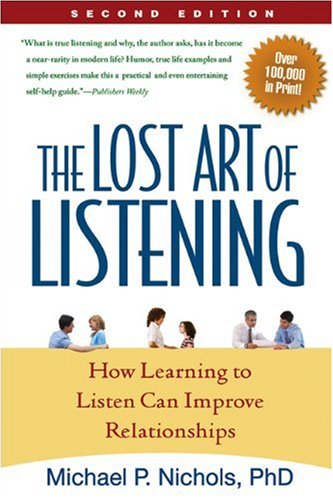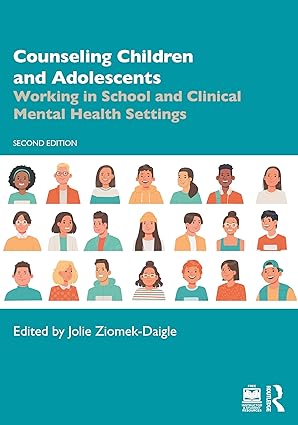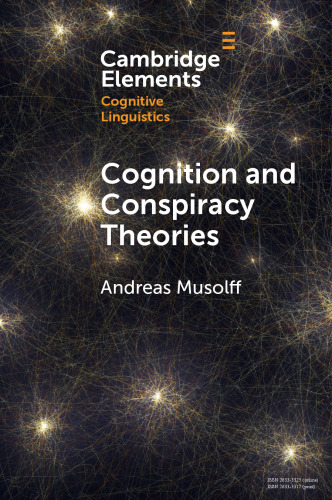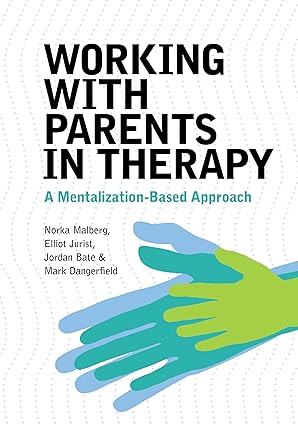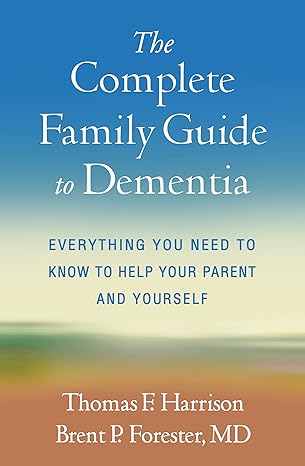Nothing hurts more than the sense that the people we care about aren’t really listening. We never outgrow the need to have our feelings known. That’s why a sympathetic ear is such a powerful force in human relation- ships—and why the failure to be understood is so painful. My ideas about listening have been sharpened by thirty-five years as a psychoanalyst and family therapist. Refereeing arguments between inti- mate partners, coaching parents to communicate with their children, and struggling myself to sustain empathy as my patients faced their demons has led me to the conclusion that much of the conflict in our lives can be explained by one simple fact: people don’t really listen to each other. Talking without listening is like snipping an electrical cord in half and hoping that somehow something will light up. Most of the time, of course, we don’t deliberately set out to break the connection. In fact, we’re often baffled and dismayed by feeling left in the dark. Modern culture has developed conceptions of individualism that picture us finding our own bearings within, declaring independence from the webs of interlocution that formed us. It’s as though when we become finished persons we outgrow our need for attention, like training wheels. All this is not to say that we can’t be autonomous, in the sense of being self- directing, even original, able to think and act on our own. But we cannot escape the human condition and become secure and satisfied with- out conversation—conversation in a broad sense, meaning some kind of interchange with others
چکیده فارسی
هیچ چیز بیشتر از این احساس که افرادی که به آنها اهمیت میدهیم واقعاً به آنها گوش نمیدهند آزاردهنده نیست. ما هرگز از نیاز به شناخت احساساتمان بیشتر نمی شویم. به همین دلیل است که یک گوش دلسوز نیروی قدرتمندی در روابط انسانی است - و چرا درک نشدن آن بسیار دردناک است. ایده های من در مورد گوش دادن سی و پنج سال به عنوان یک روانکاو و درمانگر خانواده تیزتر شده است. بحث داوری بین شرکای صمیمی، آموزش دادن به والدین برای برقراری ارتباط با فرزندان، و تلاش برای حفظ همدلی در زمانی که بیمارانم با شیاطین خود مواجه میشوند، مرا به این نتیجه رسانده است که بسیاری از درگیریهای زندگی ما را میتوان با یک واقعیت ساده توضیح داد: مردم واقعاً به حرف یکدیگر گوش نمی دهند. صحبت کردن بدون گوش دادن مانند قطع کردن یک سیم برق از وسط است و امیدواریم که چیزی روشن شود. البته بیشتر اوقات، ما عمداً قصد قطع ارتباط را نداریم. در واقع، ما اغلب از احساس رها شدن در تاریکی گیج و ناامید می شویم. فرهنگ مدرن مفاهیمی از فردگرایی را توسعه داده است که ما را در حال یافتن نقش خود در درون تصویر میکند و اعلام میکند که از شبکههای تعاملی که ما را شکل داده است، استقلال داریم. گویی وقتی به افراد تمامشده تبدیل میشویم، نیاز خود را به توجه بیشتر میکنیم، مانند چرخهای تمرین. همه اینها به این معنا نیست که ما نمیتوانیم خودمختار باشیم، به این معنا که خودمان، حتی اصیل باشیم، و بتوانیم به تنهایی فکر کنیم و عمل کنیم. اما ما نمیتوانیم از شرایط انسانی فرار کنیم و بدون مکالمه - مکالمه به معنای وسیع، به معنای نوعی مبادله با دیگران، ایمن و راضی شویم
ادامه ...
بستن ...
Author(s): Michael P. Nichols PhD
Publisher: The Guilford Press, Year: 2009
ISBN: 1606230646,9781606230640
ادامه ...
بستن ...
